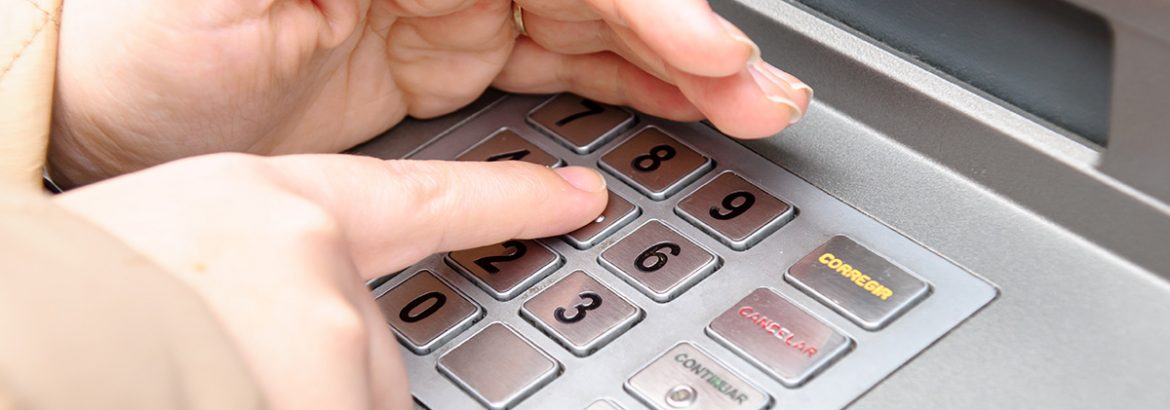In an increasingly digital world, online scams have evolved to become more sophisticated. One such tactic is the PIN verification scam, a deceivingly simple scheme employed on platforms such as Facebook, Instagram, Craigslist, and beyond.
Understanding the PIN Verification Scam
The PIN verification scam operates by exploiting the security measures put in place by many online platforms. Companies like Google, Craigslist, or Microsoft often use two-factor authentication (2FA) or SMS-based verification as a means to secure users’ accounts and validate their postings. However, scammers have found a way to manipulate these security measures for their nefarious purposes.
Here’s how the scam typically unfolds: the victim receives a legitimate-looking authentication text from a company, which includes a PIN. Almost simultaneously, the scammer, pretending to be a contact from the respective platform, asks the user to share the PIN to “verify” their account or their posting. The scammer may argue this is necessary due to the prevalence of scams on the platform, ironically using fear of fraud to perpetrate their own scam.
In other cases, the scammer might initiate contact with a message along these lines: “I’m trying to log in to my page on my new phone and it asks me to send me a help link so I can log in, but I can’t. I can send it to you when you get it and then copy it and send it…” This gives the scam an element of urgency and false legitimacy.
The Scammers’ Endgame
The ultimate goal of the scammer can be manifold. They might seek to verify accounts or posts that require phone verification, essentially using the victim’s phone number as a shield for their activities. In more sinister scenarios, the scammer might be attempting to gain access to the victim’s accounts to commit identity theft or other forms of fraud.
Stay Safe: Tips to Protect Yourself
The best defense against the PIN verification scam is awareness and vigilance. Here are some tips to keep in mind:
- Never Share Your PIN: The PIN sent to your phone is meant to be private. No legitimate company or service will ever ask you to share it.
- Verify Contacts: If someone contacts you requesting such information, verify their identity through other means. Do not rely solely on the information presented in the initial contact.
- Report Suspicious Activity: If you suspect you’re being targeted by a scammer, report the incident to the platform and your local law enforcement agencies.
In the age of digital communication, staying one step ahead of online scammers is paramount. By understanding their tactics, such as the PIN verification scam, you can protect yourself and others from falling victim to these fraudsters.




Leave a Comment